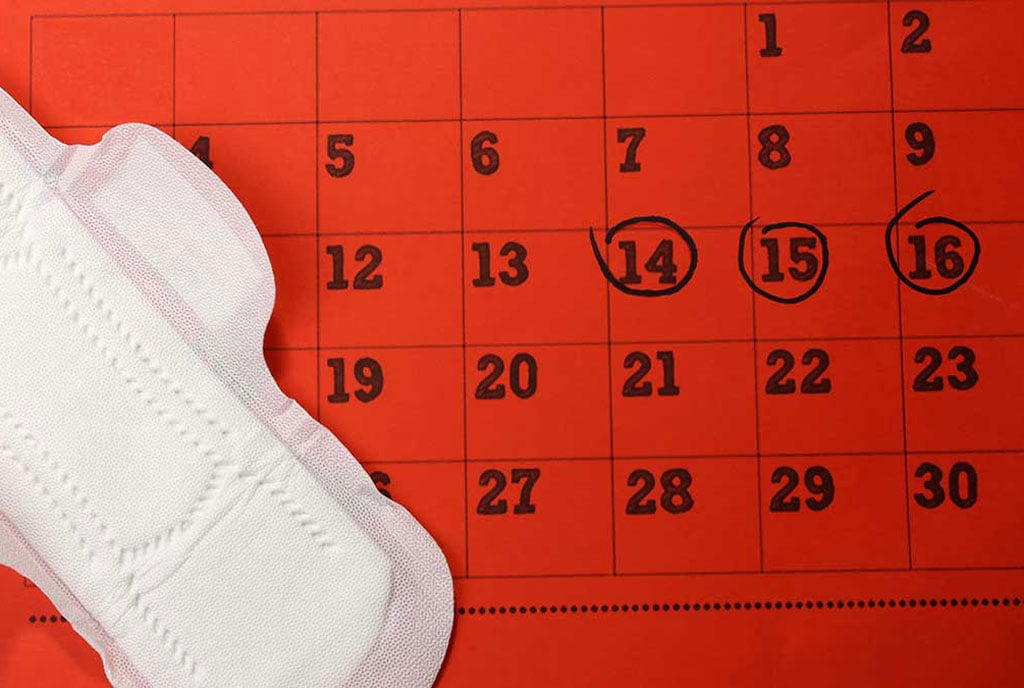Prime
She makes Shs500,000 a week from gonja crisps

Some of the farmers and local leaders at one of the coffee farms in Koboko District. PHOTO BY JOSEPH EIGU ONYANGO.
Mbabazi, who owns a small plantation of gonja says before she started making gonja crisps she used to sell her crop to traders in Namawojjolo roadside market along the Kayunga-Kampala highway at the cost of Shs18,000 a bunch.
However, she later learnt that by deep frying the gonja, they make more money.
“In 2012, I went to several supermarkets in Kampala and Jinja districts to check whether there were gonja crisps on the market. I later learnt that there are few people who make them, however, the supply was not meeting the market demand,” the 34- year-old recalls.
She gets started
Mbabazi says she straight away decided to start the business. She says her initial capital was Shs60,000, which she used to buy a charcoal stove, gonja, cooking oil, frying pan and a vegetable dicer (machine used to cut vegetables or fruits).
She turned part of her kitchen space into a workshop and because of the high demand for gonja crisps, she has since started buying gonja from the neighbouring Democratic Republic of Congo, one of the countries, where it is grown on a commercial scale.
“Twice a week, traders from Congo bring the gonja which we buy at Shs130,000 per sack,” she says.
From one sack of gonja, she makes about Shs400,000 and when she deducts the costs such as cooking oil, she remains with a profit of about Shs250,000.
In a week she sells twice so she makes a profit of Shs500,000 a week and Shs2m a month.
Market
Mbabazi sells most of her crisps to supermarkets in Mukono and Lugazi although she intends to put her product on the Kampala market.
“My product is already certified by Uganda National Bureau of Standards so I can sell it in all markets,” she says.
Sells to individuals.
Mbabazi sells a small packet of crisps to supermarkets at Shs700 and a big one at Shs1,700. The supermarkets in turn sell a small one at Shs1,000 and a big one at Shs2,000. “They pay me cash,” she says.
Challenges
Mbabazi who trades under the name Joy Snacks says her biggest challenge is the unpredictable weather. She says during rainy the season, the gonja does not ripen fast so she has to wait longer thus missing out on money.
The increasing price of cooking oil reduces her profit margin. For instance, she says, a 20 litre jerrycan of cooking oil is now at Shs101,500 up from Shs80,000.
Sometimes, some of her products get spoilt in transit to the market because she lacks proper transport facilities.
Making crisps
1. The gonja is kept in a store or sacks to ripen.
2. It is washed and peeled and later sliced into pieces
3. It is then dipped in boiling cooking oil and when it is ready (brownish colour) it is removed and placed in a box.
4. Wait for about 15 minutes as it cools after which pack it in polythene bags and then seal.
Did you know
A single serving of a ripe or roasted banana, approximately 7 1/4 inches long, contains 110 calories and .47 grammes of total fat. With respect to potassium, a banana has 463 milligrammes per serving. Each serving of banana has approximately 1.56 grammes of protein.




